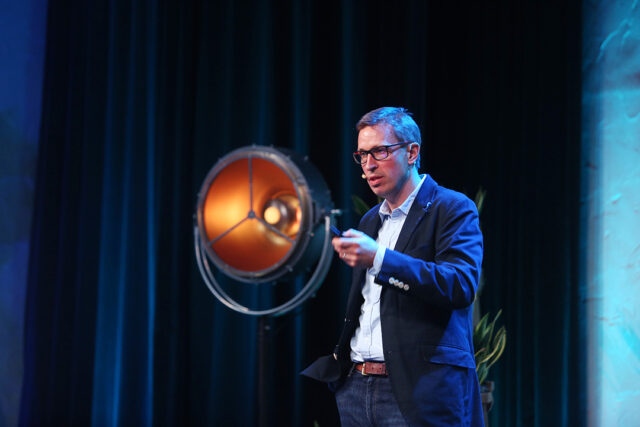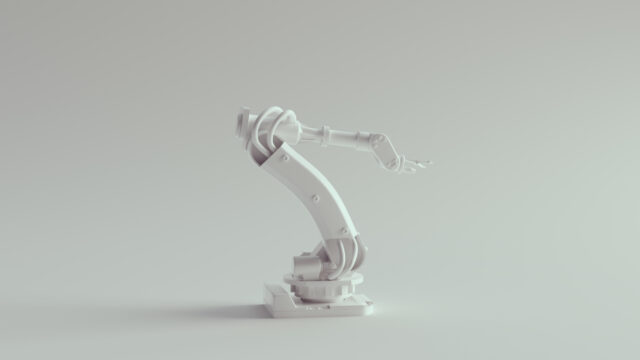The manufacturing sector has always been a testing ground for innovative automation applications. From the earliest stages of mass production in the 19th century to robotic arms capable of assembling the complex workings of a vehicle in seconds, the history of manufacturing has, in many ways, been the history of automation.
The next era of digital manufacturing
From robotic arms to self-driving vehicles, modern manufacturing is one of the most technologically-saturated industries in the world.
However, some experts believe that Artificial intelligence (AI) and the large language models (LLMs) underpinning generative AI are about to catapult the industry into a new age of digitalisation.
“While the transition from manual labour to automated processes marked a significant leap, and the digital revolution of enterprise resource management systems brought about considerable efficiencies, the advent of AI promises to redefine the landscape of manufacturing with even greater impact,” write Andres Yoon and Kyoung Yeon Kim of MakinaRocks in a blog post for the World Economic Forum.
The reason generative AI and LLMs have the potential to catalyse the next era of digital transformation in manufacturing, according to Yoon and Kim, is its ability to facilitate low and no-code development.
The technologies significantly lower the barrier to entry for subject matter experts and engineers. These professionals might be experts in manufacturing, but don’t have the requisite coding skills develop their own IT stacks.
LLMs as the bridge between humans and machines
LLMs are poised to transform the manufacturing landscape by bridging the gap between humans and machines. According to Yoon and Kim, the conversational potential of LLMs will allow sophisticated equipment and assets to “speak” with users.
By deciphering huge manufacturing datasets, LLMs could theoretically empower smarter decision-making. Such deployments would open doors for incorporating natural language in production and management. By making the interaction between AI and humans more harmonious, LLMs would supposedly elevate the capabilities and efficiency of both. Yoon and Kim expect adoption of LLMs and generative AI in manufacturing to herald a new era. In the future, AI’s influence on manufacturing could surpass the impact of historical industrial revolutions.
“In the not-too-distant future, AI will be able to manage and optimise the entire plant or shopfloor,” they enthuse. “By analysing and interpreting insights at all digital levels—from raw data, data from enterprise and control systems, and results of AI models utilising such data—an LLM agent will be able to govern and control the entire manufacturing process.”
- Data & AI
- Digital Strategy










